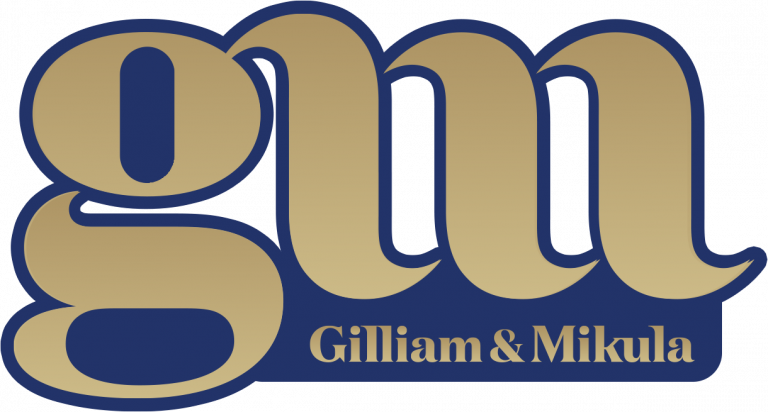As we step into 2025, the debt collection landscape continues to evolve. At Gilliam & Mikula, we remain committed to providing our clients with the most effective and ethical debt collection strategies. One such strategy that has proven its worth is automated payment reminder services.
These services offer a streamlined and efficient way to improve cash flow and reduce the need for more intensive collection efforts. Automated payment reminders offer tangible and immediate benefits, whether integrated into your existing CRM or as a standalone service.
Getting Started with Automated Payment Reminders
Choose the Right Service:
Consider whether you prefer automated messages sent directly to your customers or your team as an internal alert. Direct customer reminders can be more effective for prompting timely payments, while internal alerts allow for a more personalized, human touch.
Evaluate your existing CRM for potential payment reminder features or explore standalone services. Ensure seamless integration with your current systems to maximize efficiency and minimize disruption.
Craft Effective Messages:
- Identify your business and ensure messages originate from your domain or address to maintain professionalism and avoid confusion.
- Tailor the message tone based on the payment status. A friendly reminder for a recent invoice differs from a more urgent notification for a significantly overdue account.
- Meticulous proofreading is essential. Errors not only appear unprofessional but can also raise suspicion of a scam.
- Include all pertinent details: account/invoice number, amount owed, itemized breakdown of charges, and relevant due dates (original, late, and delinquent)
- Avoid relying solely on attachments, as they can be filtered as spam. Include key information directly in the message body.
Seamless Integration and Launch:
- Provide thorough training to your team on the new system and protocols.
- Set a firm launch date, ensuring all invoices generated after that point are included in the automated reminder workflow.
- Anticipate initial adjustments and address any quirks promptly. The sooner the system becomes routine, the faster you’ll experience its benefits.
When Automated Reminders Aren’t Enough
While automated payment reminders are a powerful tool, remember they are just one comprehensive debt collection strategy component. Personal involvement and direct communication remain crucial, especially for complex or sensitive situations.
For particularly challenging debts or accounts that consistently fail to respond, it’s time to enlist professional assistance. At Gilliam & Mikula, our team of experienced debt collection professionals, led by a skilled attorney, is ready to help. We leverage our expertise and understanding of Virginia law to ensure you receive your rightfully owed payments while preserving your business reputation.
Contact Gilliam & Mikula
Don’t let unpaid debts weigh down your business. Contact Gilliam & Mikula today for a confidential consultation. We’ll work closely with you to develop a customized debt collection strategy that aligns with your needs and goals.
Reach out today – You can get in touch by filling out our contact form or the form below!
Gilliam & Mikula is centrally located in Richmond, Virginia, and serves clients throughout the Commonwealth of Virginia. Our attorneys have over forty years of combined experience in various practice areas, representing individuals and businesses. We are licensed to practice in all General District Courts and Circuit Courts of the Commonwealth of Virginia including Central, Tidewater, Northern Virginia areas, and throughout the states of both Maryland and North Carolina.
The attorneys at Gilliam & Mikula are here to smoothly guide you through the “legal maze” and ensure that you achieve the most favorable outcome.
The information provided on this website does not, and is not intended to, constitute legal advice; instead, all information, content, and materials available on this site are for general informational purposes only. Information on this website may not constitute the most up-to-date legal or other information.


